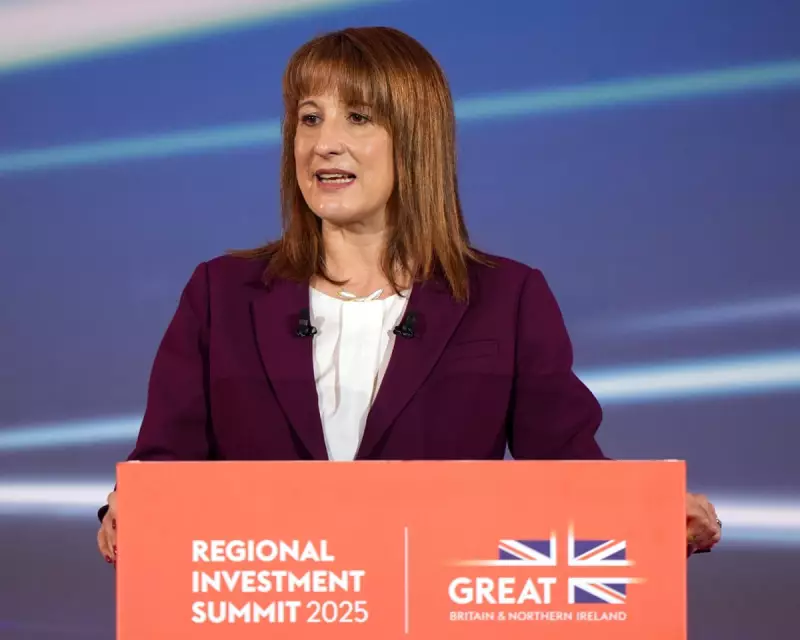
In a stark admission that has sent shockwaves through Westminster, Chancellor Rachel Reeves has confirmed that the lingering economic damage caused by Brexit is forcing her to take radical action in her forthcoming budget.
The Chancellor revealed that new Treasury analysis paints a grim picture of Britain's post-Brexit economic landscape, with the damage to trade and growth proving far more severe and persistent than previously acknowledged.
The Unavoidable Reality
Speaking with unprecedented candour, Reeves stated that the economic evidence leaves her with 'no alternative' but to intervene directly. The numbers, she emphasised, are simply too stark to ignore any longer.
'When the facts change, you have to change your approach,' the Chancellor told reporters. 'The economic reality we've inherited is one where Brexit has fundamentally damaged our trading relationships and constrained our growth potential.'
What the Numbers Reveal
According to Treasury assessments:
- UK trade intensity has fallen significantly compared to similar economies
- Business investment remains well below pre-Brexit projections
- Key sectors continue to struggle with new trade barriers
- The economic underperformance is structural rather than temporary
This sobering analysis comes despite previous government assurances that the UK would quickly adapt to post-Brexit realities.
Budget Implications
While Reeves stopped short of revealing specific measures, she indicated the budget would include:
- Targeted support for sectors hit hardest by trade disruption
- Measures to boost domestic investment and manufacturing
- Initiatives to rebuild trading relationships with key partners
- Interventions to address specific supply chain vulnerabilities
The Chancellor emphasised that this isn't about relitigating past debates, but about dealing pragmatically with the economic hand the government has been dealt.
Political Fallout
The admission represents a significant moment in Britain's post-Brexit political landscape. For the first time, a serving Chancellor is explicitly attributing current economic challenges to Brexit-related damage, moving the conversation from theoretical debates to practical crisis management.
Opposition voices have been quick to respond, with some claiming this represents a long-overdue acknowledgment of reality, while others accuse the government of using Brexit as a scapegoat for wider economic failures.
What remains clear is that the economic consequences of leaving the EU will now directly shape Britain's fiscal policy for the foreseeable future.





